Residential proxy services use the home internet IP addresses supplied by consumer Internet Service Providers to route website requests for their users. The proxies channel web traffic through actual residential internet connections instead of data centers. This allows the users to browse more privately, access blocked content, scrape data for market research, and carry out other uses while hiding their real identity.
What Are Residential Proxies?
A proxy acts as an intermediary for requests between devices and web servers. The proxy server forwards these requests using its IP address instead of the user’s, effectively masking their identity and original location.
Residential VPN or proxies utilize the IP addresses provided by ISPs to home networks, routing user traffic through genuine home broadband connections and devices. This contrasts with data centre proxies hosted on servers in remote commercial facilities.
Since residential IPs originate from real households, they exhibit the expected behaviours of consumer devices accessing the web. Residential proxies mimic these organic patterns regarding connection types, bandwidth shares, location data and other technical traits that could reveal their proxy status to websites.
How Are Residential Proxies Used?
Some common use cases that leverage residential proxy services include:
- Research and Data Gathering
- Accessing Geo-Restricted Content
- Enhanced Web Scraping Capabilities
- Maintaining Online Privacy and Security
Enabling secure browsing – By funnelling one’s web requests through residential proxy IPs, the originating identity, location and other fingerprints stay concealed to preserve privacy.
Market and Data Research – Brands, agencies and researchers can start using residential proxy services to conduct digital reconnaissance and harvest consumer insights from forums, websites, and platforms securely and ethically.
Accessing Restricted Resources – Certain locale-specific web content gets blocked outside geographic regions. But routing traffic through best residential proxy nodes in the target country allows bypassing geo-restrictions.
Boosting Web Scraping – Websites tend to block scraping bots causing typical data centre proxies to get blacklisted frequently. Residential IPs maintain uptime despite extensive scraping thanks to their genuine household origins.
Common Applications Include:
- Competitor pricing research
- Gathering social media analytics
- Testing geo-fenced platforms
- Large-scale web data extraction
- Rate limiting circumvention
- Maintaining anonymity across web properties
So in essence, residential proxies open up possibilities like gathering business intelligence from disparate digital sources or accessing web resources concealed by geoblocking or bot detection barriers. Their residential IP addresses allow mimicking actual home internet usage, crucial for various privacy and research demands.
Frequently Asked Questions
Please read our Documentation if you have questions that are not listed below.
-
What types of data can be gathered using residential proxies?
Residential proxies facilitate gathering various kinds of consumer data from public online sources, social media, forums, and websites to uncover trends, monitor brand mentions, understand purchasing patterns, or identify emerging threats. Always ensure proper data usage as per laws.
-
Why are residential IPs better than datacenter IPs for large-scale web scraping?
Websites tend to quickly blacklist scraping bots from datacenters due to suspicious activity patterns like high speeds. In contrast, residential IPs mimic real home usage so sustain uptime despite heavy workloads necessary for big data extraction projects.
-
What are the typical pricing models for residential proxy subscriptions?
Common residential proxy plans include pay-per-GB bandwidth plans starting ~$100/month or pay-as-you-go pre-paid credits allowing more custom usage. Volume discounts apply for annual contracts or high bandwidth needs. Contact providers for quotes.
-
Can I access streaming sites like Netflix with regional restrictions using residential proxies?
Yes, routing your traffic through residential proxy servers located in the target country allows bypassing geo-blocking to access overseas catalogs of streaming platforms. But check the terms to ensure your usage complies with policies.
-
How do residential proxies maintain privacy if they can still see my original IP address?
Reputable providers follow strict protocols on separating identity linking between your device and assigned residential IPs. Encrypted tunnels prevent intermediate tracking to assure anonymity standards expected from a proxy service.
Top 5 posts
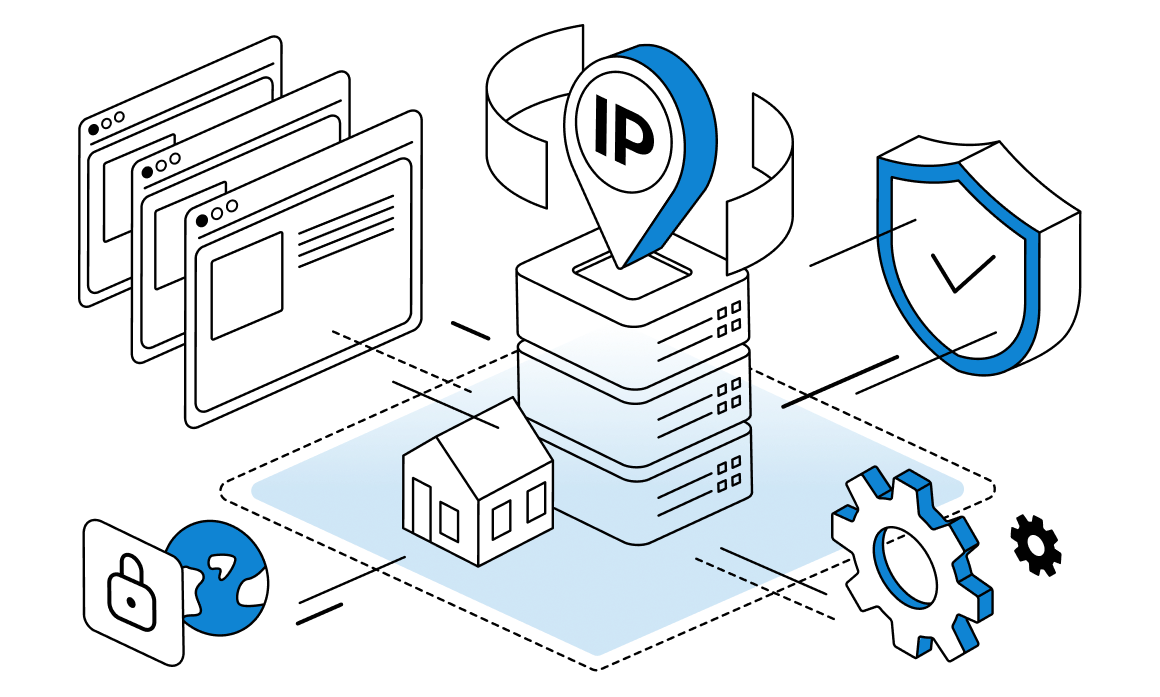

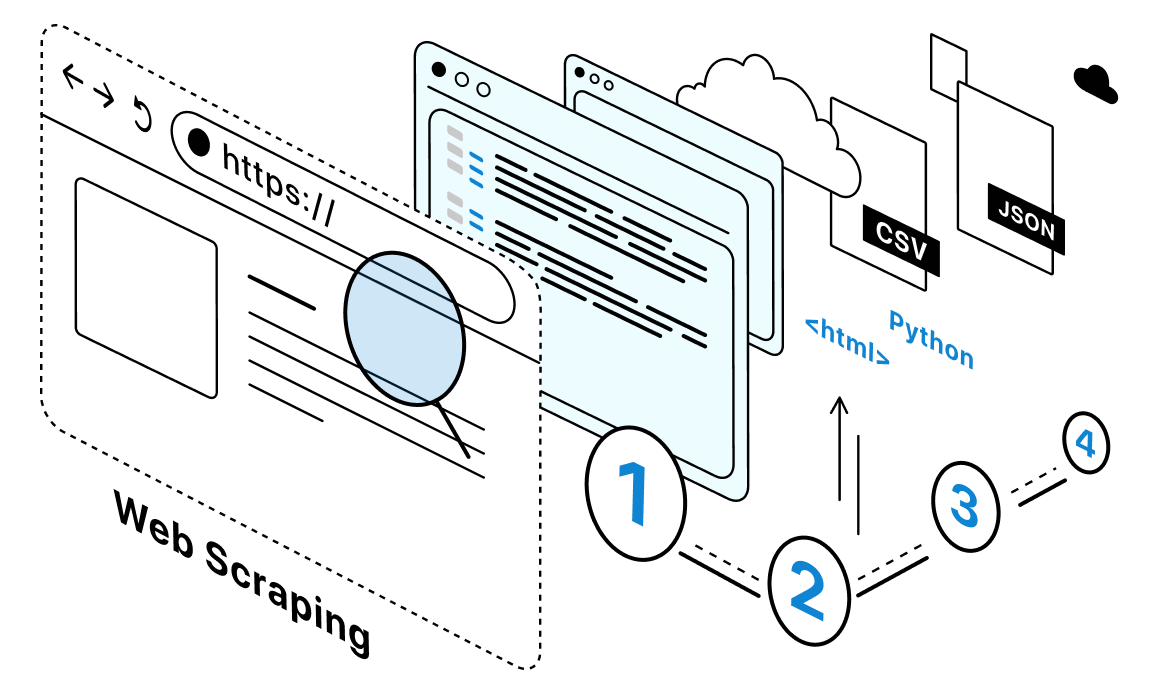
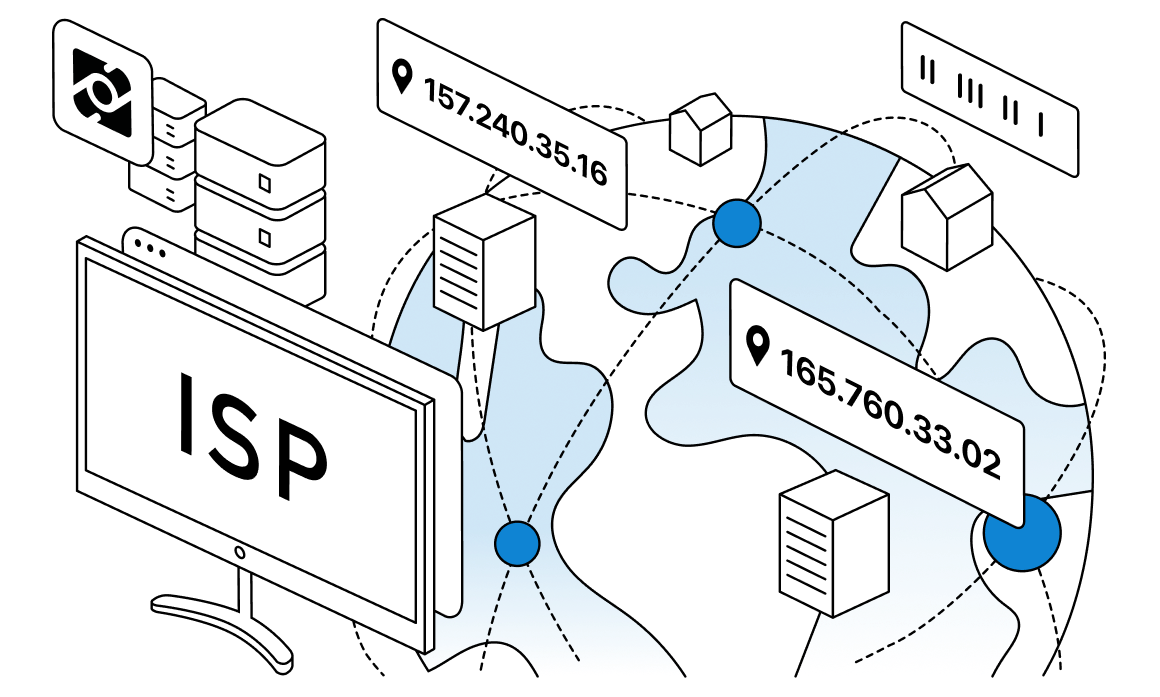
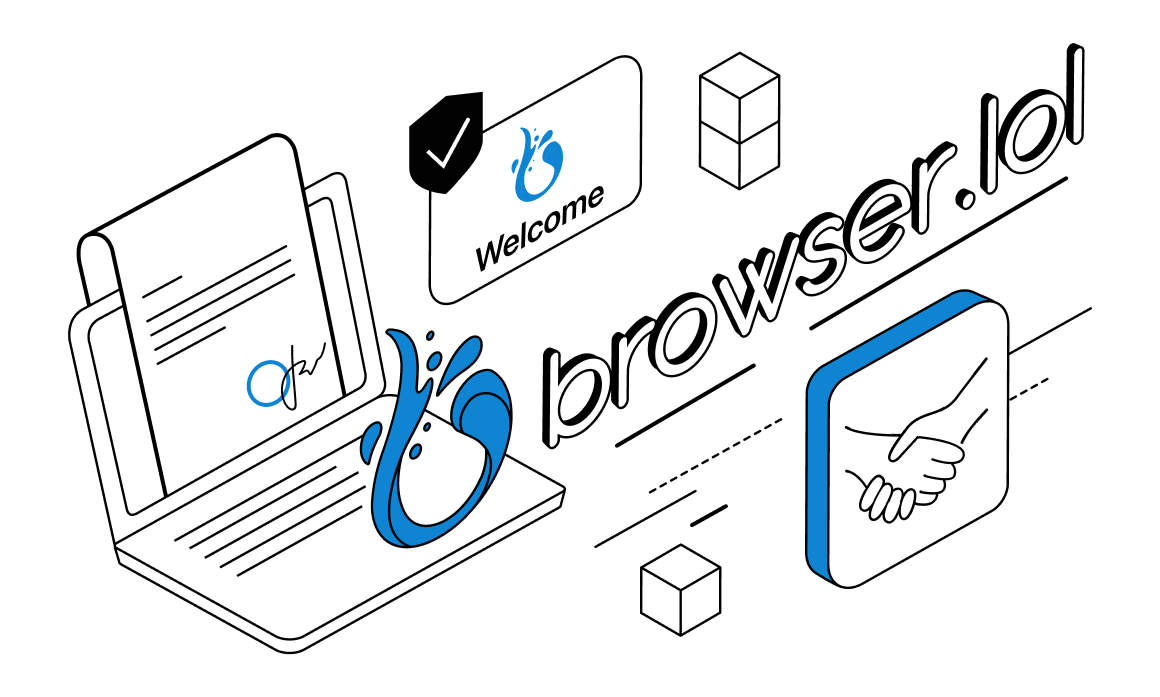


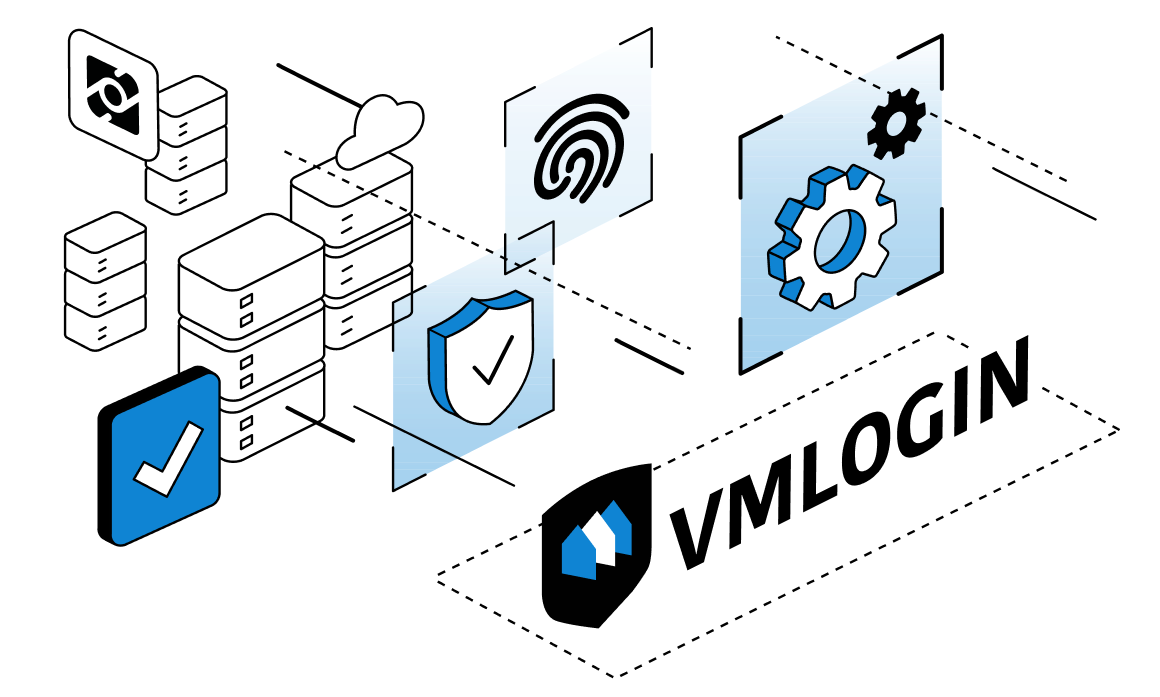
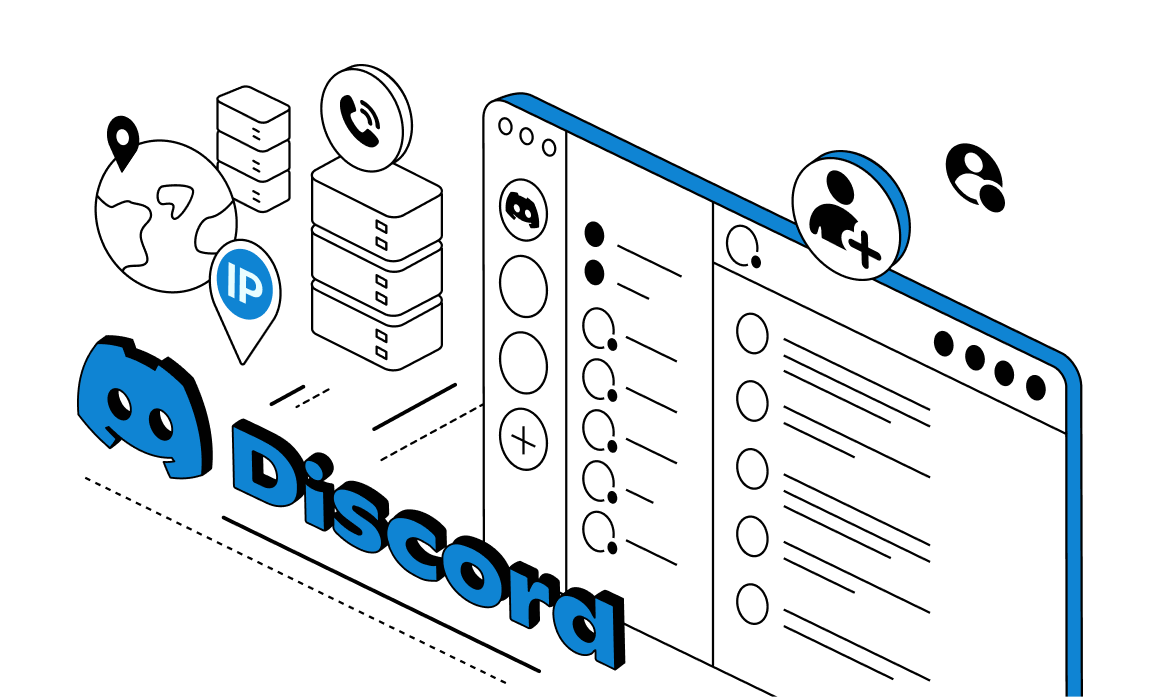

The internet harbors vast oceans of data, but accessing these insights requires decoding the web’s inner workings. Web scraping provides the keys to unravel HTML, CSS and JavaScript, translating raw code into understandable information.